The EU postponed the announcement of the decision to impose tariffs on Chinese electric vehicles, and opinions within the EU were divided
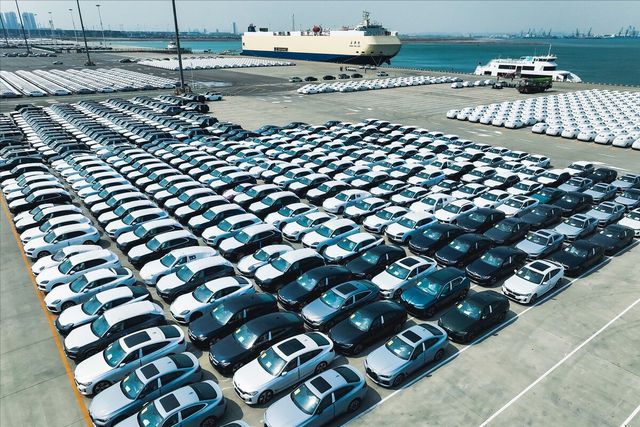
According to CCTV News, German media disclosed that the European Commission postponed the decision to impose additional tariffs on Chinese new energy vehicles, which was originally planned to be announced on June 5. European media said that the European Commission postponed the announcement of additional tariffs on China in order to avoid the European Parliament elections held from June 6 to June 9.
According to the Hong Kong-based South China Morning Post, EU officials told Chinese automakers on June 3 that the European Commission expects to impose temporary tariffs on Chinese electric vehicles from July 4.
According to people familiar with the matter, at a hearing in Brussels on the 3rd, Chinese automakers were informed that temporary tariffs would be imposed on July 4, but the EU did not disclose the tariff rate. After the temporary tariffs on Chinese electric vehicles were imposed on July 4, the European Commission has four months to negotiate with member states on whether to turn the temporary tariffs into permanent tariffs.
Last October, the European Union launched an anti-subsidy investigation into Chinese electric vehicles and will decide whether to impose additional tariffs based on the results of the investigation.
A study published last week by the Kiel Institute for the World Economy in Germany showed that a 20% tariff on Chinese electric vehicles would reduce the EU's imports of electric vehicles from China by $3.8 billion, about 25% of the current trade volume. The study found that sales of electric vehicles in Europe would increase by $3.3 billion.
Experts from the Clingendael Institute, a Dutch think tank, believe that "the tax rate will be at a higher level of 20% to 60%."
Analysts at Rhodium Group said that given higher tariffs in other markets, tariffs below 50% are unlikely to prevent all Chinese electric vehicles from entering the EU to protect the auto industry. Analysts believe that "the US announcement last month that it would impose a 100% import tax on Chinese electric vehicles is an effective ban."
However, it is worth noting that there is also a clear difference in the closeness of the electric vehicle industry between the United States, Europe and China. According to CCTV News, compared with China's electric vehicle exports to the United States, which only accounted for 1.08% of total exports, the proportion of exports to Europe is as high as nearly 40%.
There are voices opposing the imposition of tariffs in Germany. Once tariffs are imposed, German domestic car companies will also bear the high cost of shipping electric vehicles manufactured in China back to Europe. German diplomats have been opposing the imposition of tariffs in Brussels. German Chancellor Scholz publicly questioned the EU's anti-subsidy investigation, saying, "At least 50% of electric vehicles currently imported from China are from Western brands, which are produced in China and imported into Europe."
Around this investigation, the outside world is predicting the level of tariffs that the EU will impose, and also trying to predict China's reaction. The South China Morning Post pointed out that the EU's approach is bound to anger China and lead to China's countermeasures, which is also seen as a major reason why EU member states oppose this investigation.
According to Politico Europe, the Chinese Ministry of Commerce has sent a five-page letter to Valdis
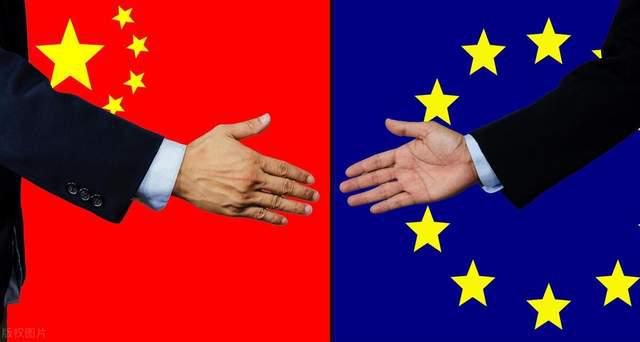
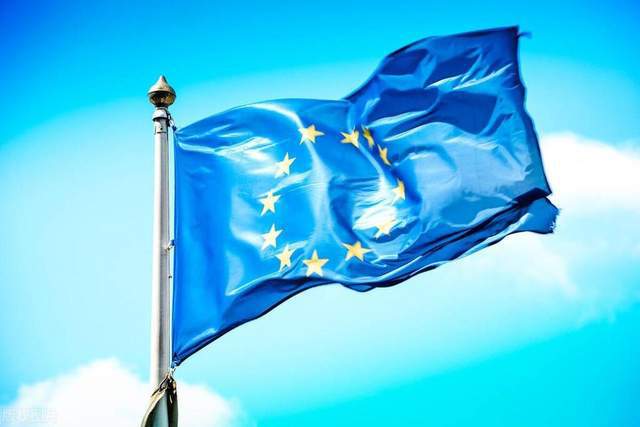
Dombrovskis, Executive Vice President and Trade Commissioner of the European Commission, requesting a reset of tariffs. A spokesperson for the European Commission confirmed that Dombrovskis had received the letter and said, "We are preparing a response."
Germany's Der Spiegel magazine said that as far as electric vehicles are concerned, the effectiveness of the EU strategy remains in doubt. China has launched an anti-dumping investigation on European brandy and may "target" European luxury cars and pork next.
Germany's Frankfurter Allgemeine Zeitung reported on May 30 that German Economy Minister Habeck warned that imposing tariffs would damage the German economy. "Careful consideration must be given to ensure that these measures do more good than harm, and it is important to take a targeted approach."
European Commission President Ursula von der Leyen has made it clear that the EU will respond in a "more targeted" way. She stressed, "I can guarantee that the level of tariffs imposed by the EU will be commensurate with the economic losses."
According to the Ministry of Commerce website, on June 4 local time, Minister of Commerce Wang Wentao met with Portuguese Economy Minister Reis in Lisbon. Wang Wentao pointed out that the series of trade protection measures recently taken by the EU have seriously interfered with the mutually beneficial industrial cooperation between the two sides and affected the confidence of Chinese companies in investing and developing in Europe. Protectionism is not a way out, but a dangerous dead end.
Borrell, the EU's High Representative for Foreign Affairs and Security Policy, said in an interview on June 2 that he hopes to continue to maintain a mutually beneficial relationship with China, but it must be fair and balanced. He also said that Europe will not follow the United States in imposing tariffs on China, and trade wars must be avoided. The EU believes in free trade, but freedom must be fair.
On June 4, Foreign Ministry Spokesperson Mao Ning responded to relevant questions at a regular press conference and said that China and the EU are each other's second largest trading partners. China has always believed that the essence of China-EU economic and trade relations is mutual benefit and win-win, protectionism has no future, and open cooperation is the right way.
Mao Ning previously responded to questions about the EU's postponement of additional tariffs on Chinese electric vehicles. She said that the essence of the EU's anti-subsidy investigation is trade protectionism. The EU has many unreasonable and non-compliant practices in the investigation, and the alleged Chinese subsidy projects are simply untenable. China urges the EU to terminate the investigation as soon as possible to avoid damaging China-EU economic and trade cooperation and the stability of the industrial chain and supply chain. If the EU insists on its own way, China will never sit idly by and will take all necessary measures to resolutely safeguard its legitimate rights and interests.

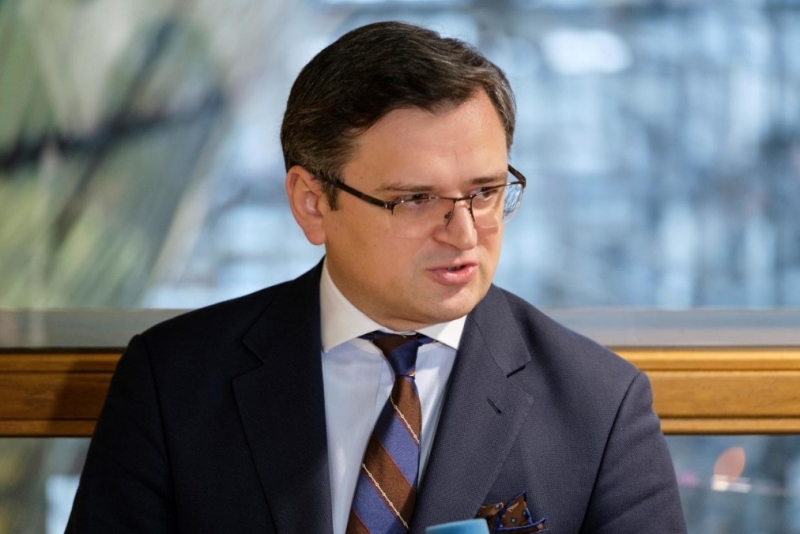


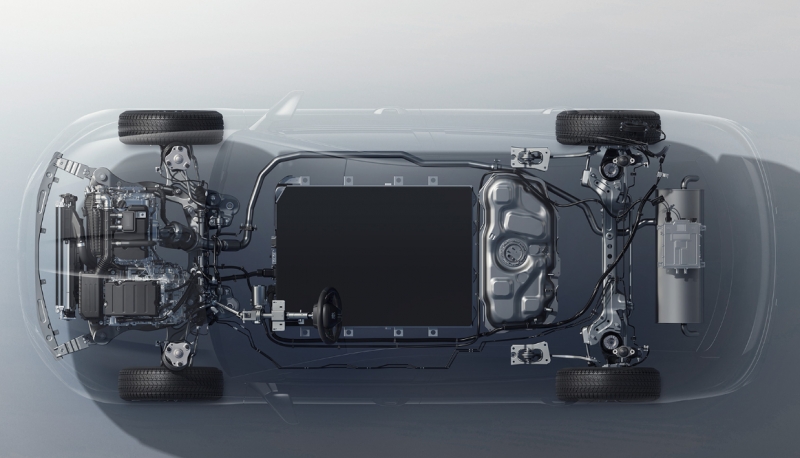

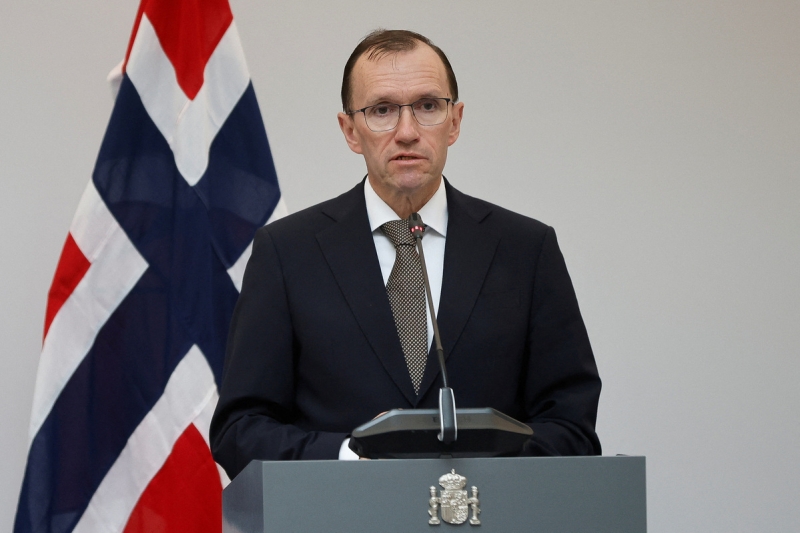
 Send Email
Send Email 18629269597
18629269597